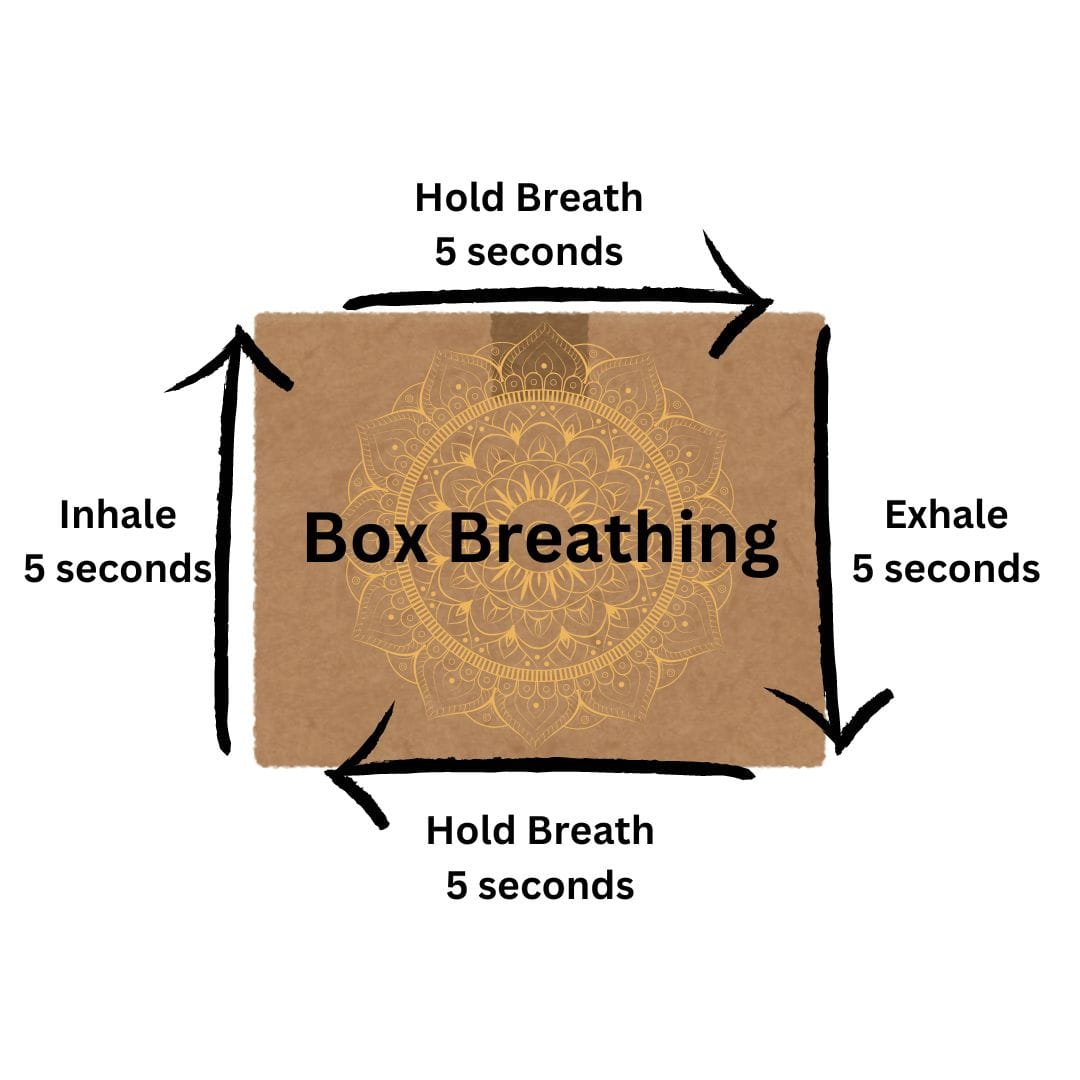Navigating the Emotional Tightrope When You’ve Hurt Someone
Navigate emotional complexities with self-compassion and clear communication, turning hurt into healing and deeper connections.

We've all been there—those moments when you realize you’ve hurt someone you care about. It’s like being unable to breathe, right? Suddenly, you’re caught in this whirlwind of emotions, trying to figure out how to fix things without making them worse. Trust me, you’re not alone in feeling this way.
First things first, let’s talk about that emotional rollercoaster you’re on. When you hurt someone, it’s not just their pain you’re dealing with—there’s your own guilt, shame, or regret mixed in too. It’s like you’re holding a hot plate, desperately trying not to drop it and let it crack on the floor, but burning yourself in the process.
Take a moment and ask yourself: Have you ever found yourself so wrapped up in your own guilt that you couldn’t fully focus on the other person’s feelings? This is a natural response, but it’s crucial to recognize that both your emotions and theirs need attention.
Here’s where things get tricky. Before you can truly help the other person, you need to take care of yourself. I know it sounds a bit counterintuitive, but think about it like this: you can’t pour from an empty cup. If you’re drowning in guilt, how can you be there for them?
Try this: the next time you’re in this situation, take a deep breath.
- Imagine following one side of a square up with your eyes.
- Now, hold your breath for the exact same amount of time. Imagine following the top of the square with your eyes.
- Then breathe out for the exact same amount of time. Let your imagination follow the square down its other side.
- Finally, hold your breath again for the same amount of time, imagining slowly returning your gaze along the last side of the square.
This technique is called "box breathing" and it's incredibly effective at bringing your emotions back under control. Repeat as many times as you need.
Give yourself a moment to acknowledge that, yes, you made a mistake, but that doesn’t make you a bad person. We all mess up sometimes. It’s how we handle it afterward that counts.

Now, let’s zoom out a bit. If you’re a guy reading this, or even if you know guys who struggle with this, you might notice that society hasn’t exactly done a great job teaching men how to handle emotions. There’s this unspoken rule that men should be tough and not show vulnerability, but honestly, that’s outdated and unhelpful.
Guys, it’s okay to feel and express your emotions. It’s okay to be gentle with yourself while you work through these tough moments. In fact, doing so can make your relationships stronger.
Advanced Mode: Nonviolent Communication
Alright, now that you’ve taken a minute to get your own emotions in check, let’s talk about how to actually make things better with the person you hurt. Here’s a practical tool that can help, created by the renowned psychologist Marshal Rosenberg: Nonviolent Communication (NVC). It’s like a road map for these tricky conversations.
Here’s how it works:
- Observe without Judgment: Start by stating what you’ve noticed without adding any judgment. For example, “When I see that you didn’t respond to my messages this week...”
- Express Your Feelings: Share how this makes you feel. Keep it about your own experience, like, “I feel concerned, and a bit disconnected...”
- Identify Your Needs: Dig deeper into why you feel that way. You might say, “...because I value our communication and want to make sure we’re on the same page.”
- Make a Specific Request: Now, suggest a way forward. “Would you be willing to let me know when you’re too busy to talk, so I don’t worry?”
This process isn’t just about solving the immediate issue—it’s about creating a stronger foundation for understanding each other better in the future. Be ready for both parties to do this a few times, and make sure you're giving the other person the space to really say what they feel and need. Requests should be heard, but must never be ultimatums. Play with it for a while and it'll become super natural.
Some closing thoughts
Remember, this process isn’t about beating yourself up or being perfect. It’s about learning and growing. Mistakes are part of life, and they can be great teachers if we let them.
Ask yourself: What can I learn from this experience? How can I use this to improve my communication skills next time?
And don’t forget to give yourself some credit. The fact that you’re reading this and thinking about how to do better means you care, and that’s huge.
Here’s where I hand the reins over to you. The next time you find yourself in a tough emotional situation, take a step back, breathe, and apply what we’ve talked about. Start small. Maybe practice NVC in a low-stakes conversation first, or take a few minutes each day to reflect on your emotional responses.
Remember, communication is a skill, and like any skill, it gets better with practice. Keep at it, and don’t be too hard on yourself if things don’t go perfectly every time. You’re on the right path, and that’s what matters.
You’ve got this.
I’m Odin Halvorson, a librarian 📚, independent scholar 📖, film fanatic 🎬, fiction author 📝, and tech enthusiast 💻. If you like my work and want to support me, please consider becoming a paid subscriber to my newsletter for as little as $2.50 a month! 📣
Support me in other ways:
Use this affiliate link to sign up for Libro.fm, the best audiobook platform around! 🎧 Want your own Ghost website?Check out MagicPages for the cheapest rates via my affiliate link (they even offer lifetime hosting plans!) 📈
Thanks for your support! 🙏
